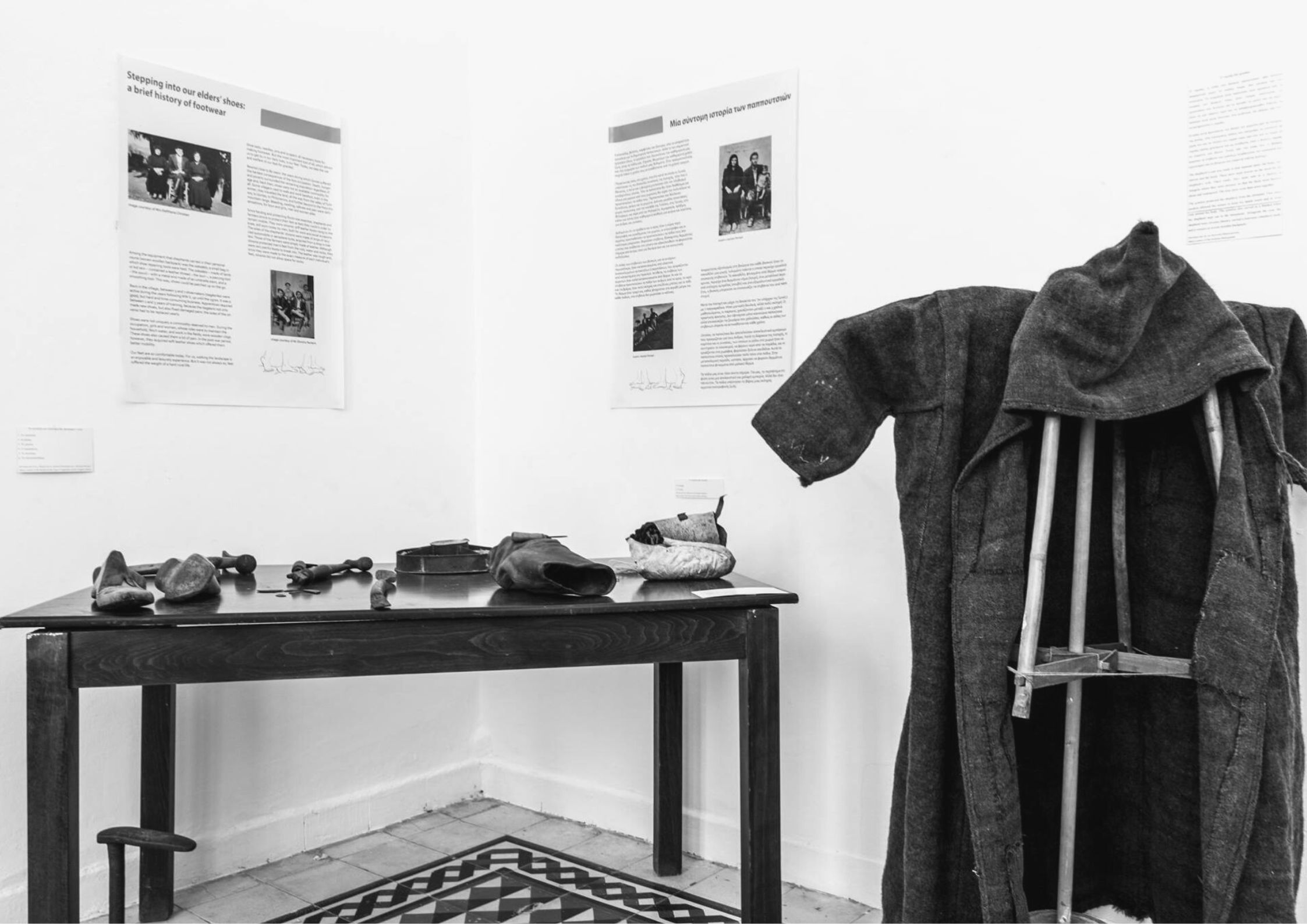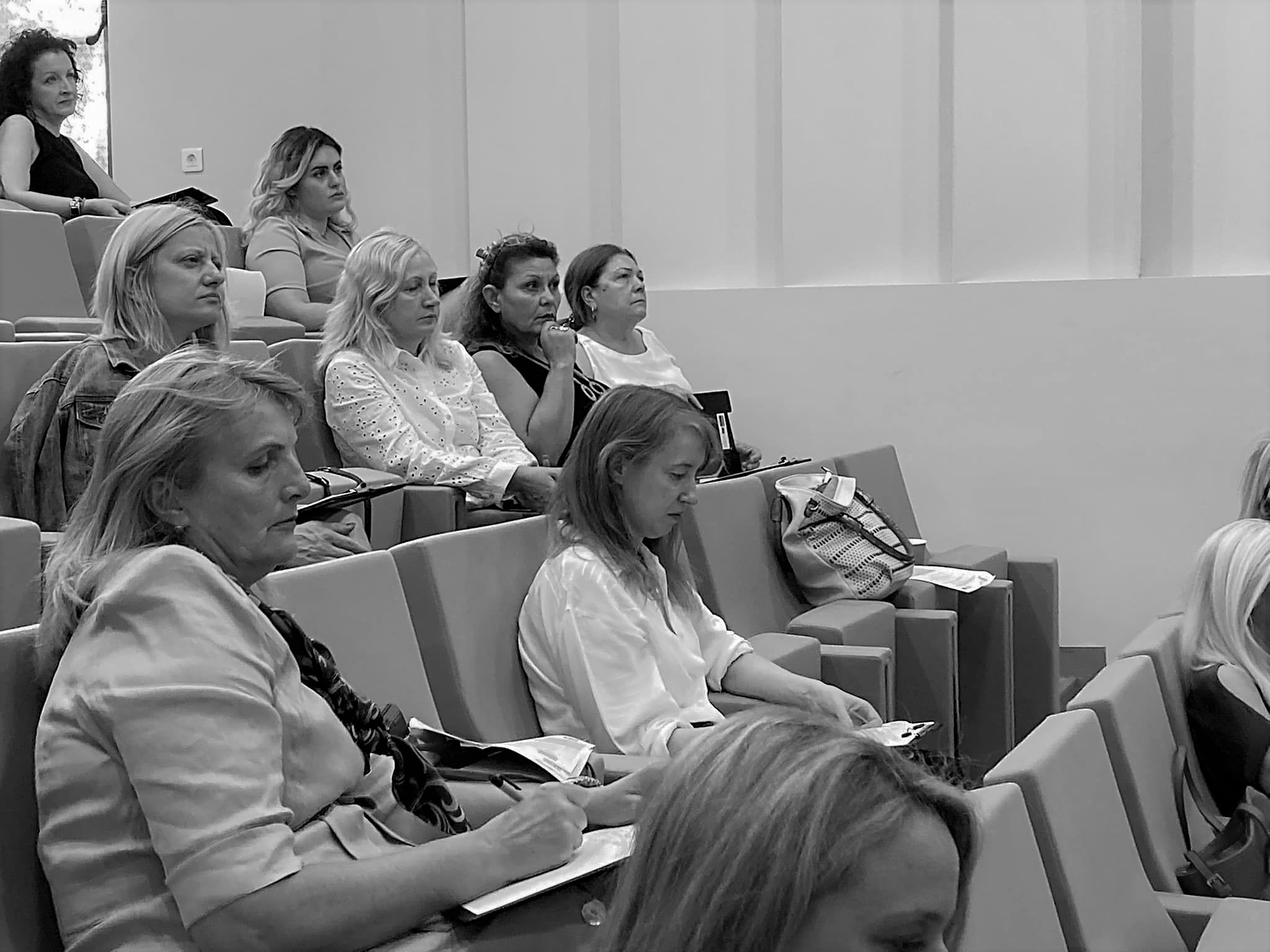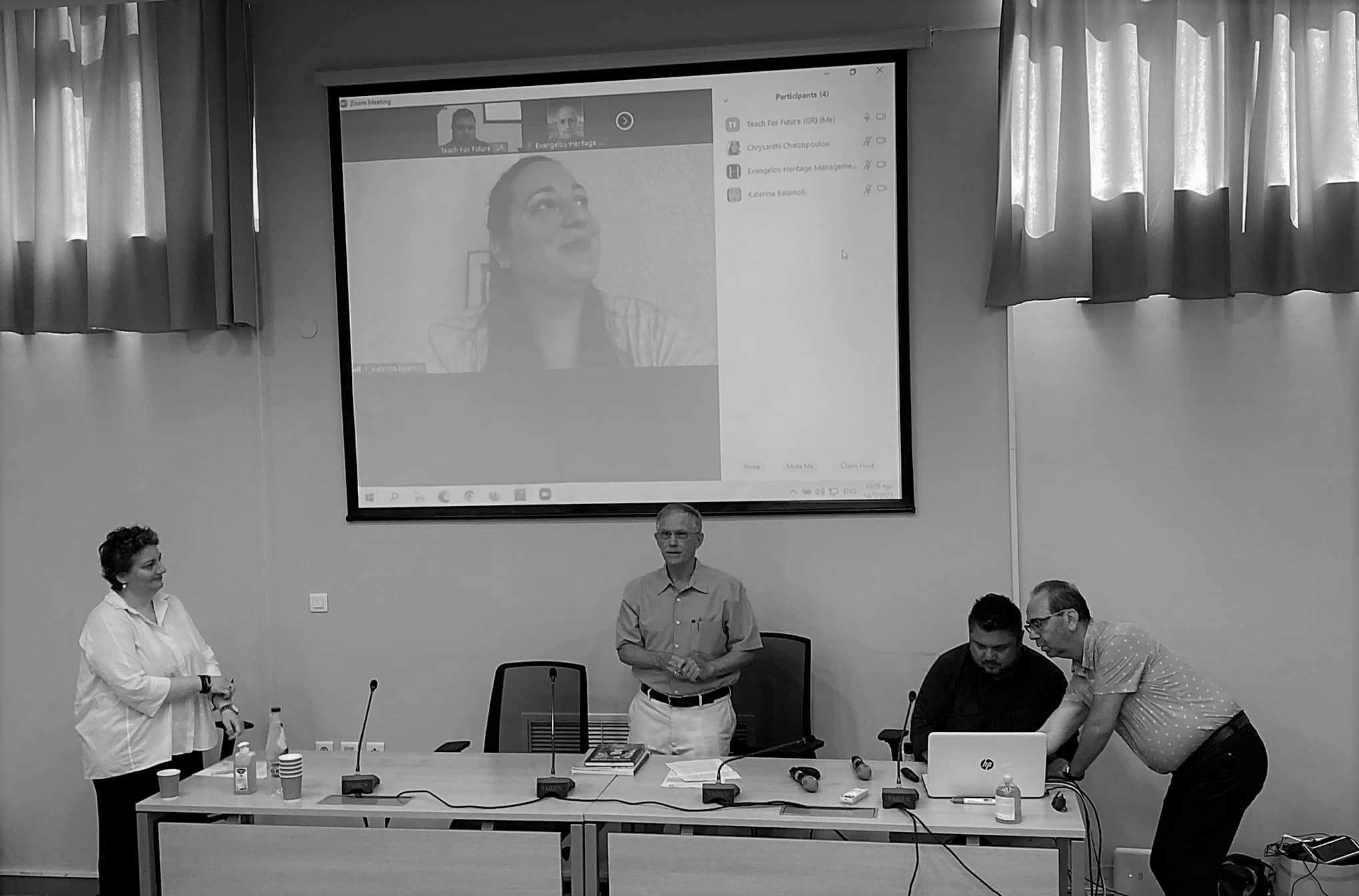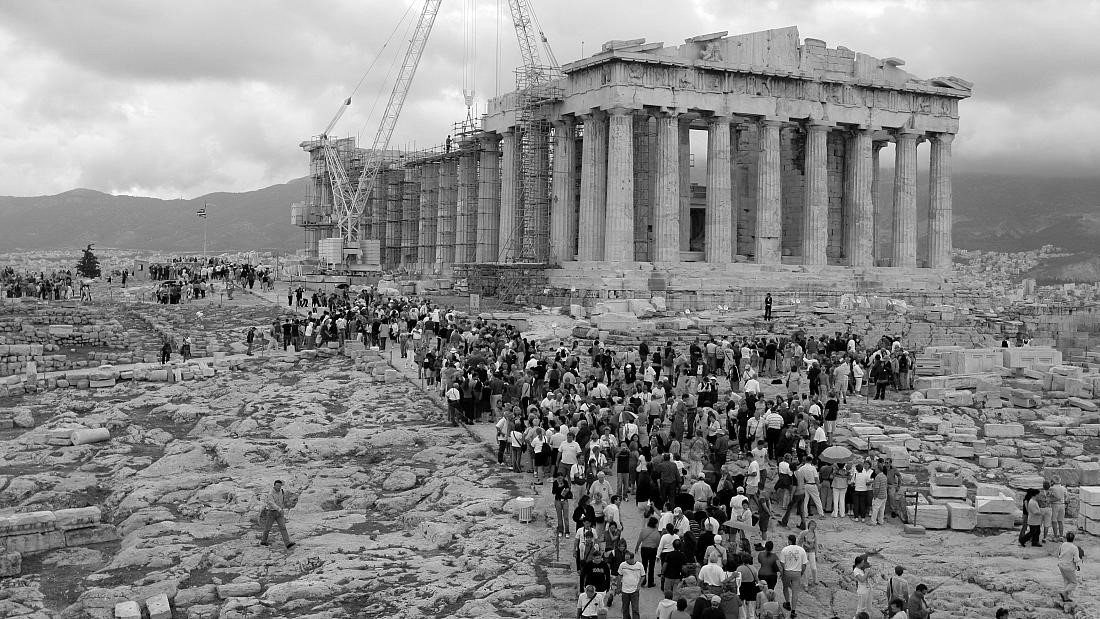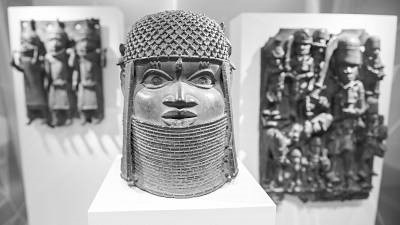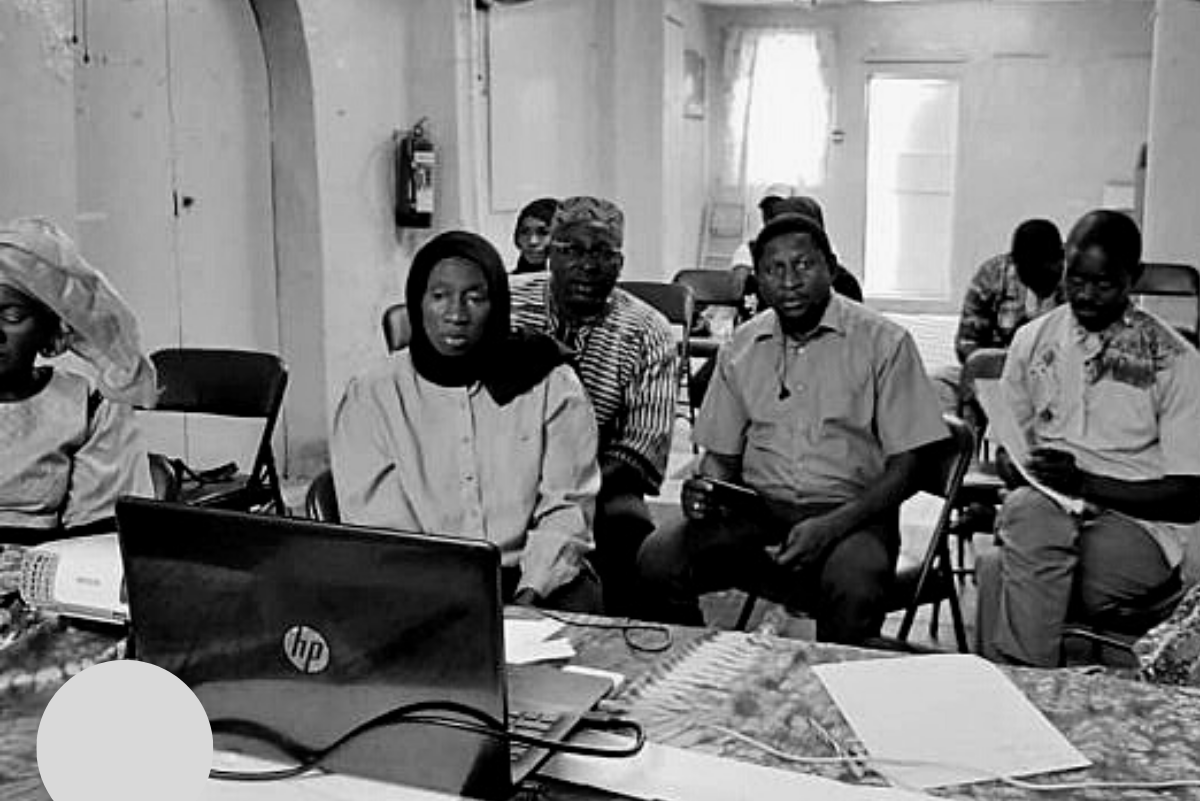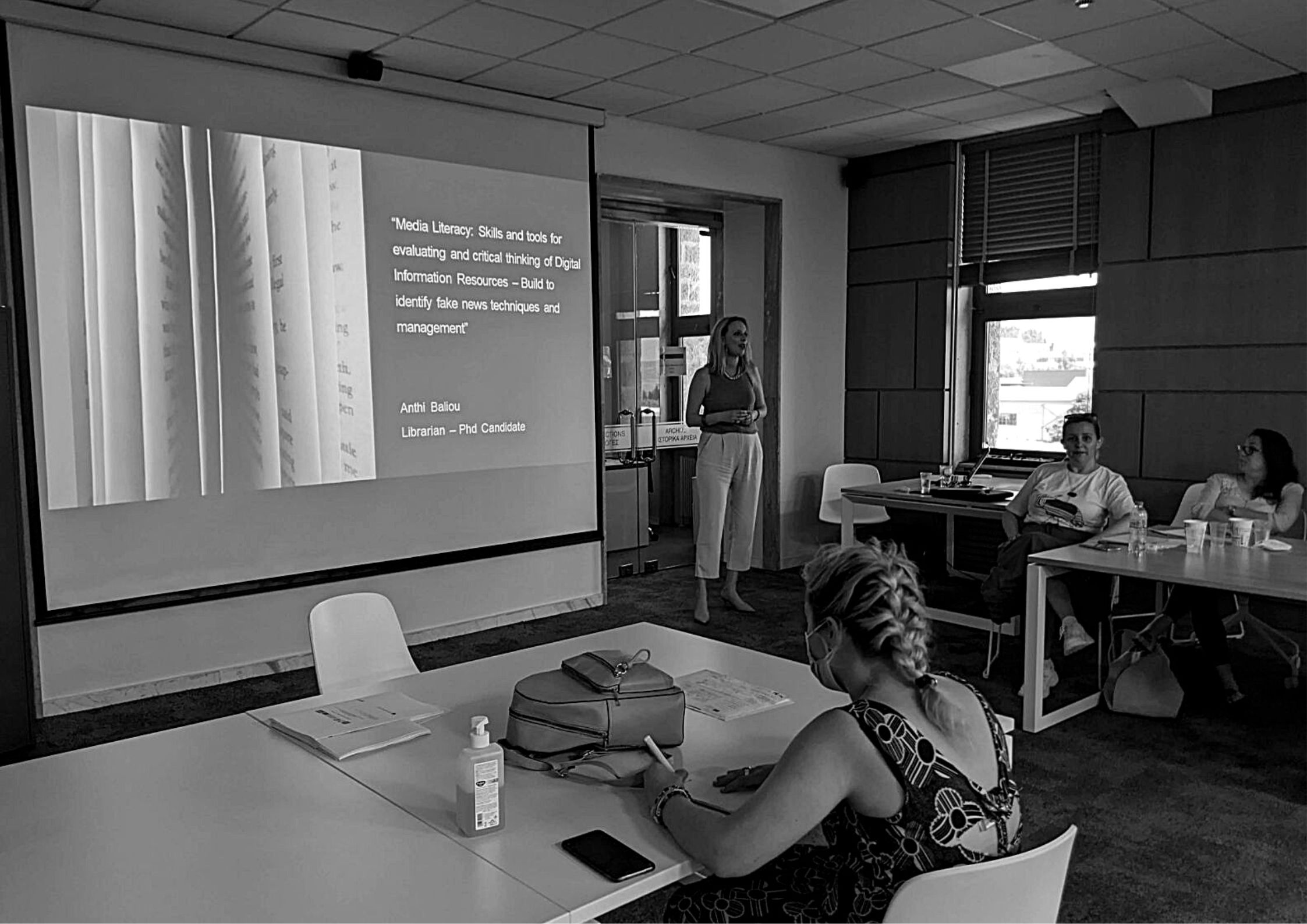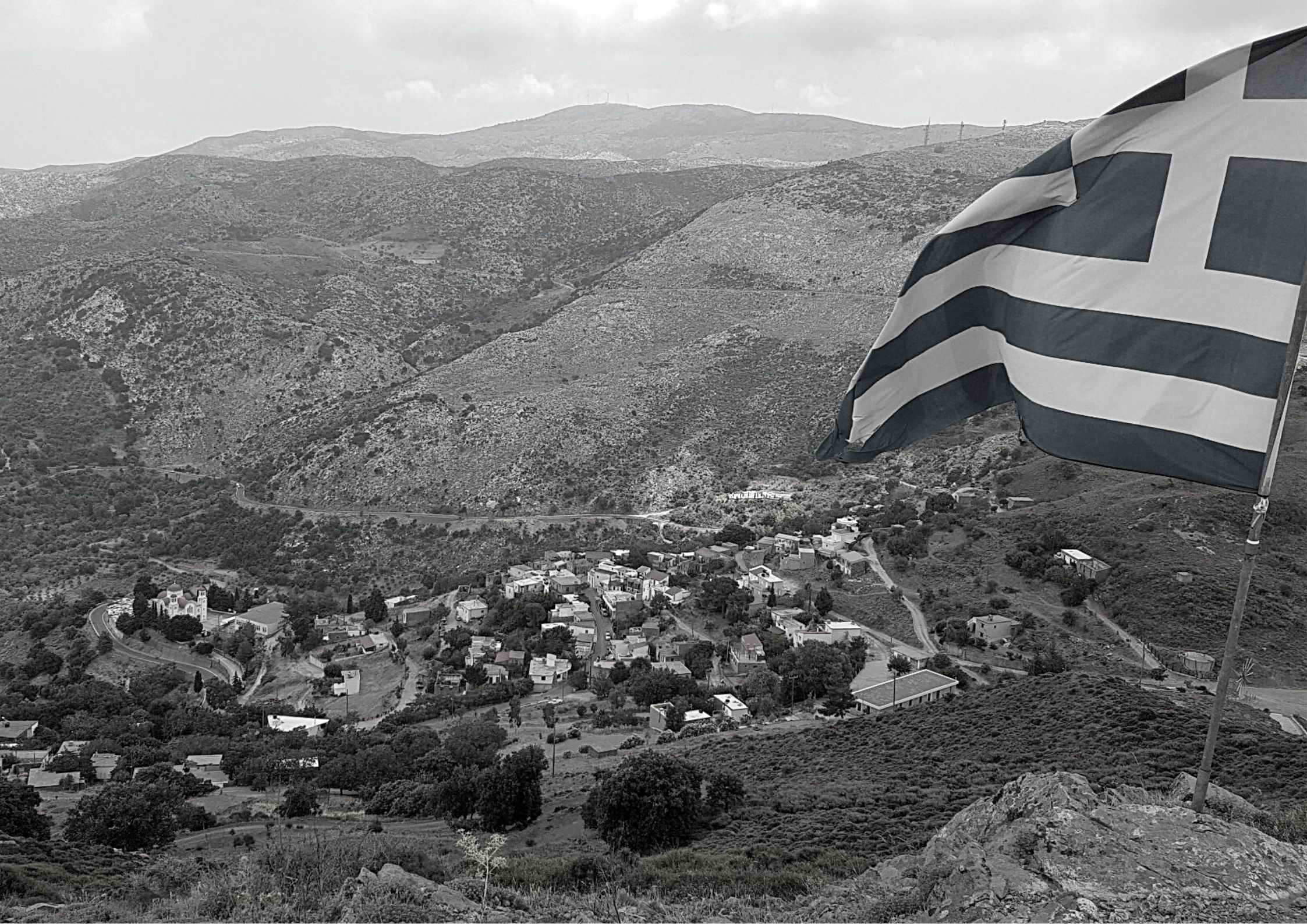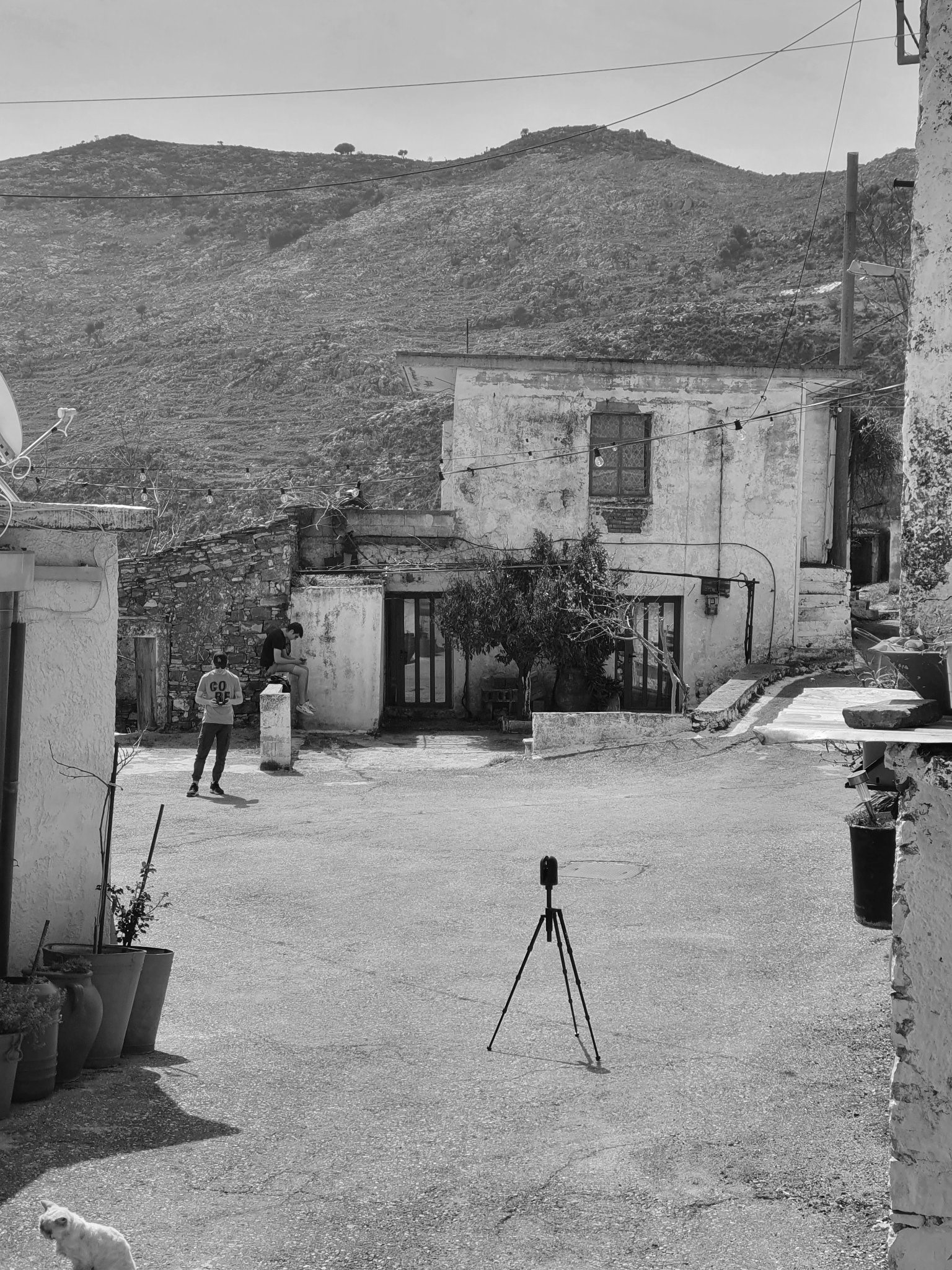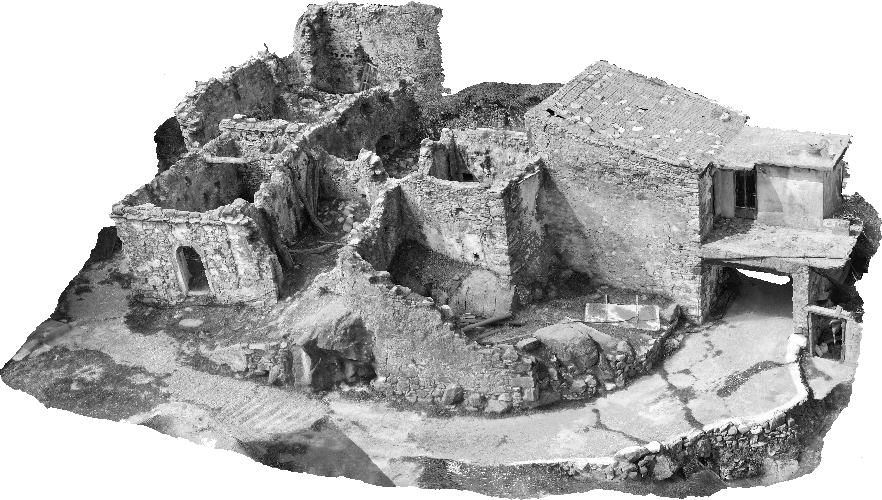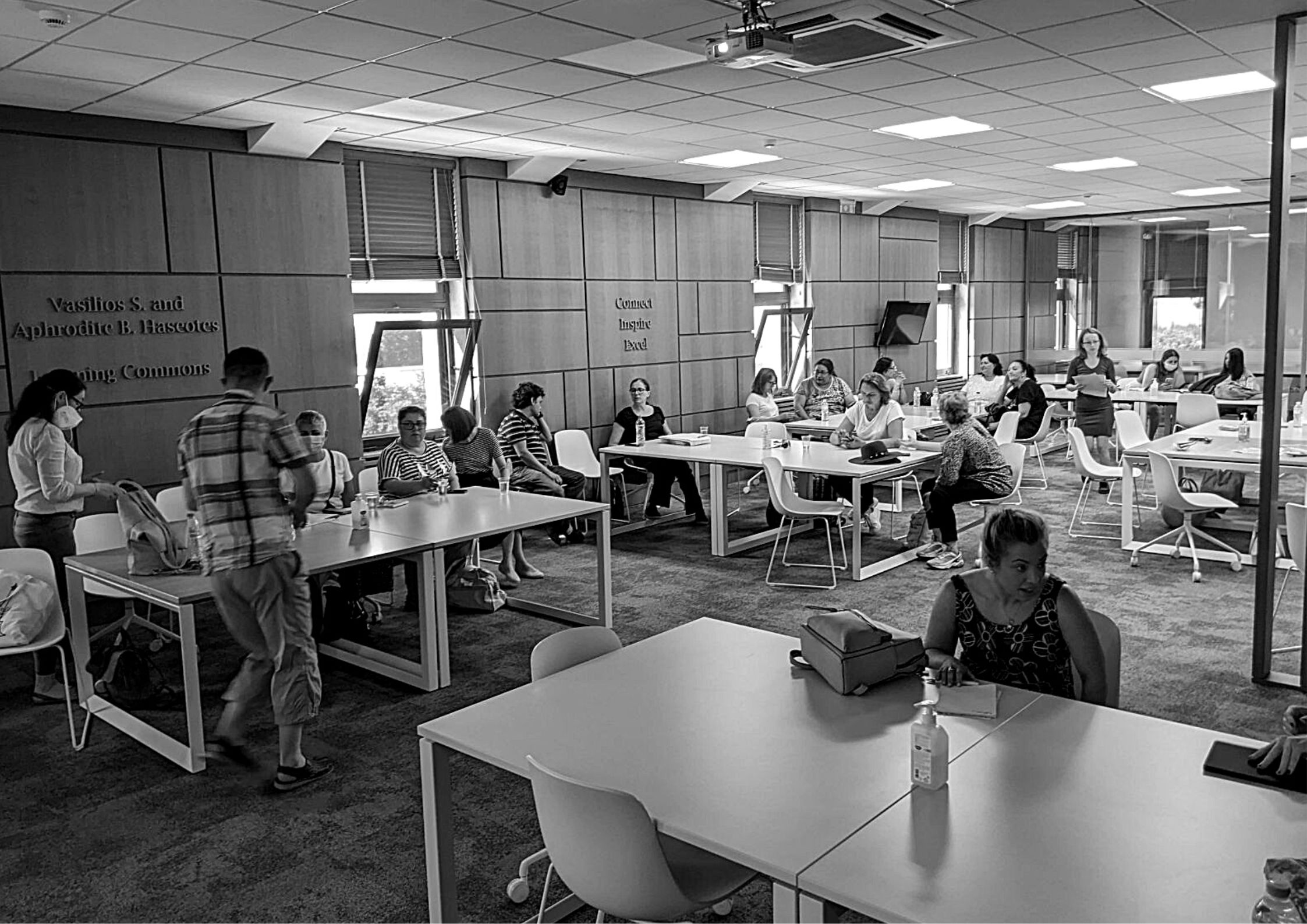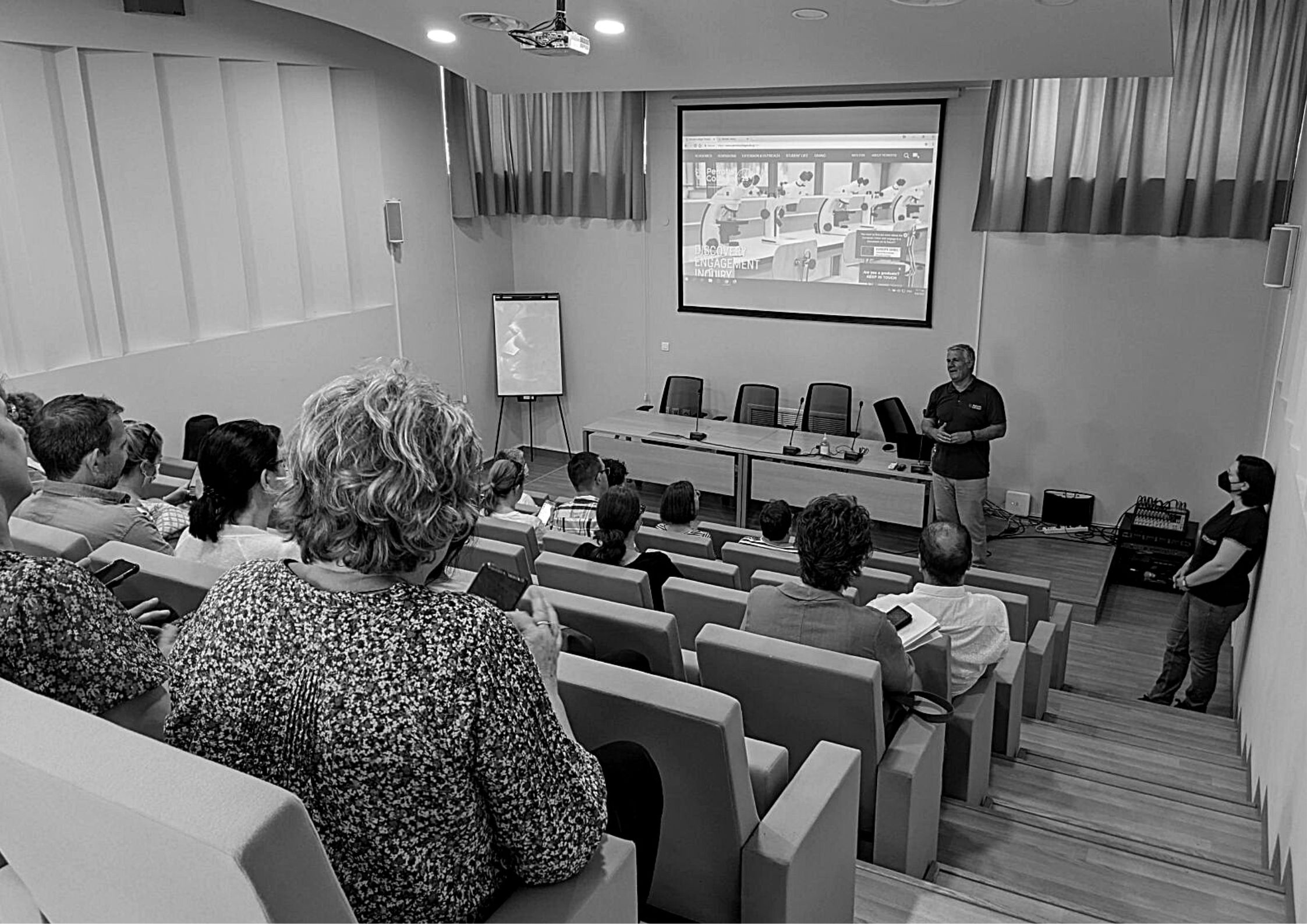: Uncategorized
DEADLINE EXTENDED “Developing and Organising Temporary Exhibitions and Touring Strategies” Workshop
DEADLINE EXTENDED – Apply by August 20!
Developing and Organising Temporary Exhibitions and Touring Strategies Workshop
Heritage is happy to invite applications for the Developing and Organising Temporary Exhibitions from your Collections and Touring Strategies training program which will take place online 23rd-25th September 2022.
This workshop focuses on how temporary exhibitions can enhance and promote the mission of a cultural organization, create new audiences, build partnerships and potentially generate revenue.
Starting with building an organizational strategy for exhibition making and partnership building, participants will explore the process behind making temporary exhibitions for display at home and for the tour. This includes identifying exhibition objectives, shaping the narrative and content to create a compelling visitor experience, as well as strategies for touring exhibitions nationally and internationally.`
Only scholarship holders are accepted to this workshop.
Scholarships available normally cover up to 90% of tuition fees. In exceptional cases, Heritage may cover the full fees.
More details in the Official Announcement. To submit your application, please fill out the application form.
APPLICATION DEADLINE: 20TH AUGUST 2022
Testimonials from previous workshop participants
Emerging Trends and Technologies in Cultural Organizations | Conference completion
The Heritage Management Organization (HERITΛGE) is pleased to announce the successful completion of the Emerging Trends and Technologies in Cultural Organizations: Management Innovation and Network Collaboration one-day conference that took place in Thessaloniki on July 14th realized with the support of the American Farm School and the International Hellenic University.
The conference was the culmination of the TEACH FOR FUTURE international program, which was realized by HERITΛGE in cooperation with the Romanian National Association of Librarians and Public Libraries (ANBPR) and Global Libraries – Bulgarian Foundation.
Conference speakers included Dr. Jeffrey Lansdale, President of the American Farm School, Dr. Evangelos Kyriakidis, HERITAGE Founder and Director, and Dr. Emmanuel Garoufallou, Head of the Department of Library Science, Archives and Information Systems, School of Social Sciences, International Hellenic University and coordinator of the TEACH FOR FUTURE program.
“Teach for Future and this conference aim to contribute to improving and extending adult high-quality learning opportunities on innovative educational topics, with potential for economic growth, acquiring and recognising new skills, knowledge and behaviors in line with the demands of the labor market,” Dr. Garoufallou.
The conference’s keynote presentation “Copyright and online learning in a time of transition: games, creativity and learning” was given by Dr. Jane Secker of the University of London and Chris Morrison of the Bodleian Libraries, University of Oxford.
MORE ABOUT TEACH FOR FUTURE
TEACH FOR FUTURE was co-funded by the European Commission’s Erasmus + initiative to train more than 300 people in three countries, Bulgaria, Greece and Romania. The aim of the program is for graduates to transfer specialized knowledge in the fields of Information Technology, Innovation Management and Network Collaboration, as well as Entrepreneurship and Leadership to diverse communities of adult learners from the three participating countries and the wider region and act as multipliers for the acquisition of skills.
HERITΛGE in the news
The Heritage Management Organisation’s people, programs and partners have all been in the news. You can find some of the articles below.
Heritage Director, Evangelos Kyriakidis, told Euronews’ Jonny Walfisz that Britain must seize the opportunity for cultural diplomacy and give up its fears regarding the restitution of the Parthenon Sculptures to Greece and the British Museum needs to see past the legal arguments it has been presenting on the issue…
Read more on Euronews.com
Staying on the same topic, Dr. Kyriakidis told Euronews a few weeks later that European museums must do more than just return artefacts….
Read more on Euronews.com
Irene Onyancha of the United Nations, Economic Commission for Africa (ECA) speaking on behalf of Nita Deerpalsing during the “Community Engagement Workshop with Community Leaders on the Promotion and Protection of Heritage Resources” which was held in Nairobi, Kenya, told participants that ECA is partnering with stakeholders including the Africa Union Commission and HERITAGE, to implement its heritage management programme which aims to empower local communities and experts…
Read more on ModernGhana.com
Press in The Gambia and beyond reported on Heritage’s “Engaging Communities in Cultural Heritage” and “Heritage Interpretation for Site Managers” workshops. Cultural heritage managers in Banjul, Barra, Janjanbureh and beyond took part in the workshops which address the needs of the country’s heritage organizations and local groups as they themselves set them out in a survey conducted by the Heritage Management Organisation. The workshops are part of the HerMaP Gambia project, co-funded by the EU ….
Read more on AllAfrica.com, ThePoint.gm and ModernGhana.com
Naftemporiki, one of Greece’s oldest and best-known financial papers/websites, features Hertigage’s work in Africa, highlighting that this is the first time that the UN Economic Commission for Africa (UNECA) has collaborated with an organization to develop a cultural heritage program in the continent…
Read more on Naftemporiki.gr
Greek media reported on the upcoming conference on “Emerging Trends and Technologies (EMTech) in Cultural Organizations: Management Innovation and Network Collaboration” that HERITAGE is organizing at the American Farm School in Thessaloniki to mark the conclusion of the international TEACH FOR FUTURE project. The project was co-funded by the European Union’s Erasmus+ programme and took place in Bulgaria, Greece and Romania…
Read more on MyPortal.gr
Emerging Trends and Technologies in Cultural Organizations: Management Innovation and Network Collaboration
INVITATION
Upon completion of TEACH FOR FUTURE international program, the Heritage Management Organization (HERITΛGE) in cooperation with the Romanian National Association of Librarians and Public Libraries (ANBPR) and Global Libraries – Bulgarian Foundation invites you to attend the conference on
Emerging Trends and Technologies (EMTech) in Cultural Organizations: Management Innovation and Network Collaboration
on Thursday 14th July, 9AM at the American Farm School of Thessaloniki.
Conference speakers include Dr. Jeffrey Lansdale, President of the American Farm School, Dr. Evangelos Kyriakidis, HERITAGE Founder and Director, and Dr. Emmanuel Garoufallou, Head of the Department of Library Science, Archives and Information Systems, School of Social Sciences, International Hellenic University and coordinator of the TEACH FOR FUTURE program.
The keynote presentation Copyright and online learning in a time of transition: games, creativity and learning will be given by Dr. Jane Secker of the University of London and Chris Morrison of the Bodleian Libraries, University of Oxford.
TEACH FOR FUTURE was co-funded by the European Commission’s Erasmus + initiative to train more than 300 people in three countries, Bulgaria, Greece and Romania. The aim of the program is for graduates to transfer specialized knowledge in the fields of Information Technology, Innovation Management and Network Collaboration, as well as Entrepreneurship and Leadership to diverse communities of adult learners from the three participating countries and the wider region and act as multipliers for the acquisition of skills.
The conference is realized with the support of the American Farm School and the International Hellenic University.
Find the conference schedule here.
To participate, please fill up the registration form.
ΠΡΟΣΚΛΗΣΗ
Με αφορμή την ολοκλήρωση των δράσεων του διεθνούς προγράμματος TEACH FOR FUTURE και την παρουσίαση των αποτελεσμάτων του προγράμματος, η Πρωτοβουλία για την Ανάδειξη της Πολιτιστικής Κληρονομιάς HERITΛGE σε συνεργασία με την Ένωση Δημόσιων Βιβλιοθηκονόμων και Βιβλιοθηκών της Ρουμανίας (ANBPR) και το Ίδρυμα Global Libraries Bulgaria στη Βουλγαρία σας προσκαλούν στην ημερίδα
Emerging Trends and Technologies in Cultural Organizations: Management Innovation and Network Collaboration
την Πέμπτη 14 Ιουλίου, 09:00 στην Αμερικανική Γεωργική Σχολή Θεσσαλονίκης, Μαρίνου Αντύπα 54, Θέρμη, Θεσσαλονίκης.
Την ημερίδα θα χαιρετίσουν ο Dr. Jeffrey Lansdale, Πρόεδρος της Αμερικανικής Γεωργικής Σχολής, ο Δρ. Ευάγγελος Κυριακίδης, Ιδρυτής και Διευθυντής του HERITΛGE και ο Δρ. Εμμανουήλ Γαρουφάλλου, Πρόεδρος του Τμήματος Βιβλιοθηκονομίας, Αρχειονομίας και Συστημάτων Πληροφόρησης του Διεθνούς Πανεπιστημίου της Ελλάδος και συντονιστής του προγράμματος TEACH FOR FUTURE.
Η κεντρική παρουσίαση της ημερίδας έχει θέμα Copyright and online learning in a time of transition: games, creativity and learning και θα γίνει από τους Dr. Jane Secker του Πανεπιστημίου του Λονδίνου και Chris Morrison των Bodleian Libraries του Πανεπιστημίου της Οχφόρδης.
Το TEACH FOR FUTURE συγχρηματοδοτήθηκε από την πρωτοβουλία Erasmus + της Ευρωπαϊκής Επιτροπής για να εκπαιδεύσει πάνω από 300 άτομα σε τρεις χώρες, Βουλγαρία, Ελλάδα και Ρουμανία. Στόχος του προγράμματος είναι οι απόφοιτοι να μεταφέρουν εξειδικευμένη γνώση στους τομείς της Πληροφορικής, της Διαχείρισης Καινοτομίας και Συνεργασίας Δικτύων, όπως και της Επιχειρηματικότητας και Ηγεσίας σε ετερογενείς κοινότητες ενήλικων εκπαιδευόμενων από τις τρεις χώρες που συμμετέχουν και την ευρύτερη περιοχή, ώστε να λειτουργήσουν ως πολλαπλασιαστές για την απόκτηση δεξιοτήτων στις κατά τόπους κοινωνίες.
Η εκδήλωση πραγματοποιείται με την υποστήριξη του Διεθνούς Πανεπιστημίου της Ελλάδος και της Αμερικανικής Γεωργικής Σχολής Θεσσαλονίκης.
Περισσότερες πληροφορίες για το πρόγραμμα της εκδήλωσης θα βρείτε εδώ.
Για να παρακολουθήσετε την εκδήλωση, συμπληρώστε την φόρμα εγγραφής.
Field workshop at the Greek village of Gonies
Just like in the previous years, the field work of the 5th international 3D modeling campaign for geography students from HOGENT was organized in close cooperation with the Heritage Management Organization in Greece and supervised by Dr Cornelis Stal. This year the village of Gonies was chosen as a study area.
Gonies is located on the northern flanks of the mountain Psiloritis on the island of Crete, an hour’s drive from the capital Heraklion. Until the 1960s, the village was a thriving place, where people mostly lived on agricultural activities. The social life took place in several shops, taverns, and coffee shops located in the village. However, socio-economic changes and reduced incomes from traditional agricultural activities motivated many young residents to move to the cities or even abroad, resulting in a rising average age of the people who stayed and still stay in the beautiful village. The village and its immediate surroundings are rich in cultural heritage and many stories are told from generation to generation about all aspects of life and landscape. With fewer and fewer people living in Gonies, these stories are threatened to be forgotten and lost. That’s why HERITAGE organizes intensive campaigns, summer courses and workshops to capture these stories through interviews and creating a digital archive. While the content of this archive is initially considered non-spatial, they form the perfect starting point for creating a virtual ‘storytelling’ environment, where folklore is literally tied to spatial locations.
To kickstart this process, HOGENT students and faculty used digital tools to model Gonies heritage (laser scanning, image 3D modeling and GIS). These techniques are being used to create a digital 3D model of the entire village. Furthermore, several buildings have been measured down to the smallest detail, resulting in a large series of architectural orthopics and digital elevation models of multiple facades.
The next step of this project will involve the actual integration of stories and other archived data with the village’s spatial model. This process will be simplified by the development of a database infrastructure that allows the user to add content to the 3D model by clicking on a location and adding any type of content. The system is currently under development and is being adjusted through continuous discussion and feedback with relevant stakeholders. The online publication of the 3D model itself and the (password-secured) database interface is expected soon.
See the video: http://https://www.youtube.com/watch?v=jrNvc5OyysU (by Jens Franken)
TEACH FOR FUTURE Mentoring Campus in Thessaloniki
The third and final TEACH FOR FUTURE project Mentoring Campus took place from 6 to 10 June at the American Farm School’s “Dimitris and Aliki Perrotis” Library in Thessaloniki, Greece.
During the session which was coordinated by HERITΛGE, the librarians of the American Farm School presented the history of the Foundation and ways of utilizing its Historical Archive for the educational process, as well as their educational activities and initiatives. The head of the library, Damiana Koutsomiha, talked about the role of librarians in the new digital age and coordinated a workshop entitled “Time Management for Librarians”.
40 beneficiaries from Greece, Bulgaria, and Romania, were selected from more than 300 people who participated in the individual local educational activities of the program. They had the opportunity to practice and broaden their skills in innovation management and networking, to further enhance their ability to develop new innovative products/services, and to use the right collaboration tools, in line with technological developments and requirements of the labor market.
The campus was organized by HERITΛGE, in collaboration with the Romanian National Association of Librarians and Public Libraries (ANBPR) and Global Libraries – Bulgarian Foundation, with the support of the American School of Agriculture and the International Hellenic University and under the guidance of Dr. Emmanuel Garoufallos , President of the Department of Library, Archives and Information Systems of the International University of Greece.
*TEACH FOR FUTURE program is co-funded by the European Union’s Erasmus+.

